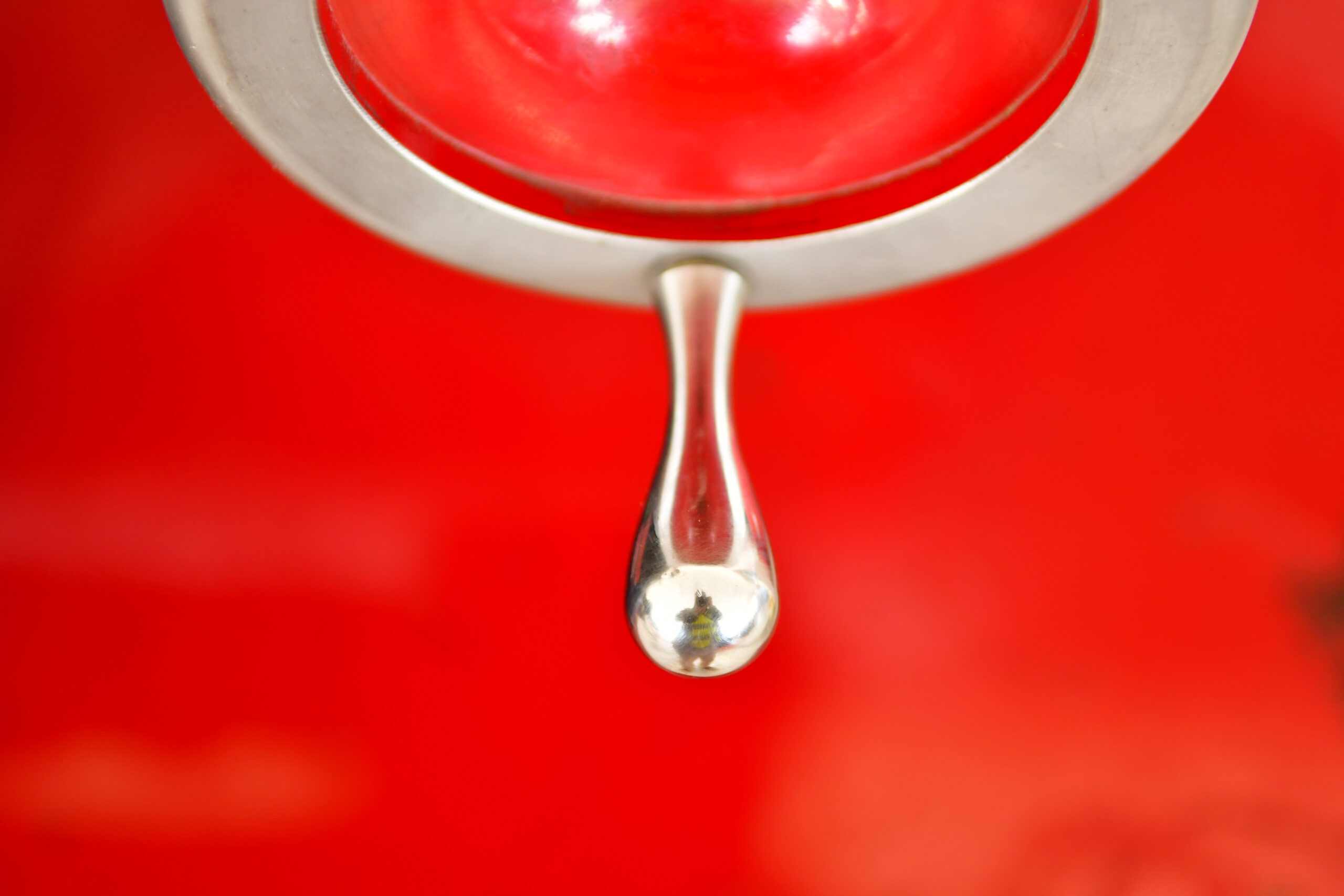Commercial Oil Separator Sanitization: Specialized Solutions
Have you ever considered the influence of grease and leftover food on your restaurant’s plumbing? This is a concern many neglect, yet the consequences can be severe. Ensuring regular commercial grease trap cleaning is crucial for a efficient kitchen and to avoid expensive plumbing complications. Our services offer customized grease interceptor pumping suited to your individual requirements.
At the heart of these services is routine maintenance of dining establishment grease traps. This is vital for keeping conformity and efficiency in your kitchen. With state-of-the-art gear and experienced technicians ready any time, we aim to support you in keeping your business operating effectively. Let’s examine the importance of proper grease trap handling and the optimal techniques for a hygienic, regulation-abiding kitchen.
Grasping Grease Traps and Their Importance
Grease traps are crucial for the effective and clean functioning of food service establishments. Also referred to also as grease interceptors, they handle the wastewater from food establishments efficiently. Their operation and significance are key to the longevity of food service businesses.
What is a Grease Trap?
A grease trap is a pipe system tool created to trap fats, oils, and grease (FOG) prior to they infiltrate the sewage system. Its primary role is to prevent these elements from blocking pipes, which can cause costly plumbing complications. Placed in the kitchen’s wastewater line, these restaurant grease trap cleaning near me use a baffle system to trap solid waste and grease.
As wastewater moves through, less heavy substances like grease ascend to the top, while heavier solids settle at the bottom. This ensures effective segregation, ensuring the system operating effectively.
How Grease Traps Work in Commercial Kitchens
The grease trap’s function is based on segregation and storage. In busy kitchens, during busy times, servicing these traps is essential. Regular pumping is necessary to manage the accumulation of grease and solids.
This extraction process gets rid of the gathered waste, preventing blockages and ensuring sanitary conditions. Proper grease trap waste removal systems maintain the kitchen protected and compliant with sanitation laws. Kitchens that maintain their grease traps effectively boost operational efficiency and support community health guidelines.
| Fat Catcher Operation | Importance in Commercial Kitchens |
|---|---|
| Divides FOG from wastewater | Averts plumbing obstructions and pricey repairs |
| Enables consistent removal | Ensures conformity with health standards |
| Maintains kitchen space hygienic | Supports food safety and sanitation |
Commercial Grease Trap Cleaning: Optimal Methods
For any business culinary operation, maintaining grease traps is vital. A regular schedule is essential to stopping clogs or leakages. Routine care not only ensures the kitchen effective but also defends against safety infractions.
Regular Maintenance Schedules
Establishing a maintenance schedule is crucial for optimal grease trap functioning. Usually, these traps should be cleaned every one to three months, depending on the kitchen’s usage and grease production. A consistent plan minimizes the possibility of grease gathering and connected complications.
Indicators of Urgent Grease Trap Issues
Identifying signs of grease trap spill can help avert bigger problems and expensive fixes. Usual clues include:
- Frequent backups in sinks and drains
- Unpleasant odors emanating from the trap
- Sluggish water flow of water
It’s essential to handle these signs immediately. Neglecting them can cause serious legal and financial consequences from health inspectors. For proper grease removal in industrial food services, employing professional services assures compliance and continuous operations.
Choosing the Ideal Solution for Dining Establishment Oil Separator Extraction
Selecting the best grease trap pumping solution is crucial to ensuring commercial kitchens running smoothly. It’s important to grasp the aspects at play to enable informed decisions. This can greatly improve your business’s hygiene standards.
Factors to Consider When Hiring Grease Trap Services
Multiple significant elements should affect your decision when employing grease trap providers:
-
Expertise: Opt for providers with a documented history. Their skill in grease management can be invaluable.
-
Certification: Verify the solution expert has the necessary licenses and adheres to community waste management rules.
-
Client Feedback: Consider feedback from past clients to assess reliability and service quality.
-
Gear and Processes: Ensure the service company uses current practices for drain cleaning. Antiquated practices may not be proper.
-
Availability: Rapid prompt availability is crucial to prevent costly downtime.
Advantages of Using Specialized Fat Catcher Maintenance
Professional grease trap services provide substantial gains:
-
Proper Grease Management: Specialists assure waste is disposed of properly, decreasing ecological dangers.
-
Efficiency Boost: Outsourcing grease upkeep liberates kitchen staff to focus on food production.
-
Lawful Operation: Specialists remain informed about law modifications, helping your business remain adherent.
-
Sanitation and Security: Efficient service reduces health hazards and pricey obstructions.
-
Extended Financial Benefits: Routine oil extraction can avoid expensive repairs or substitutions later on.
Green Implications of Adequate Fat Handling
Adequate fat handling is essential for environmental protection. Proper fat catcher service minimizes pollutants in regional aquatic systems. This not only safeguards water creatures but also improves the ecosystem’s hygiene. Businesses must comprehend their responsibility in waste handling to comply with grease trap waste rules, thus decreasing the environmental effect of grease disposal.
Ways Correct Waste Management Benefits Ecology
Efficient grease waste handling provides various green gains:
- It stops grease from polluting water by keeping it out of drainage systems.
- It aids the functionality of water purification plants.
- It aids in the health of community animals and ecosystems.
Laws Governing Oil Separator Handling
Adhering to grease trap waste regulations is essential for dining businesses. These rules assure responsible handling of grease interceptor waste. Significant regulations include:
| Law | Details |
|---|---|
| Water Purity Law | A federal law that controls release of contaminants into the waters of the United States. |
| Community Disposal Regulations | Specific rules established by regional authorities regarding the management and handling of grease waste. |
| Documentation Requirements | Licensed companies must maintain thorough documentation of waste disposal actions to promote responsibility. |
By complying with these regulations, companies ensure adequate fat disposal and minimize their environmental impact. Recognizing the importance of adequate fat handling promotes a green future for our communities.
Fat Catcher Removal and Its Role in Food Service
In the high-speed world of culinary operations, grease interceptor pumping services are vital for keeping effectiveness and hygiene. These interceptors are vital in preventing grease and oil from infiltrating the sewage system, which can cause blockages and lead to large fees. Routine removal assures these systems don’t leak, safeguarding the kitchen from likely safety issues and ensuring food safety.
Keeping dining establishments grease interceptors in prime state is crucial to adhering to health rules and ensuring a hygienic environment. A properly serviced interceptor decreases the risk of unpleasant smells and keeps the workspace sanitary for staff and customers. By choosing professional grease interceptor pumping, dining establishments can focus on preparing delicious meals without concern over waste disposal.
Additionally, routine removal of grease interceptors is more than just consistent care; it’s an contribution in the continued thriving of food service businesses. Businesses that adhere to a consistent pumping schedule avoid the necessity of emergency cleanups and encourage eco-friendly actions by guaranteeing proper waste handling. Underscoring the significance of this maintenance is crucial for establishing a secure and compliant food service environment.



